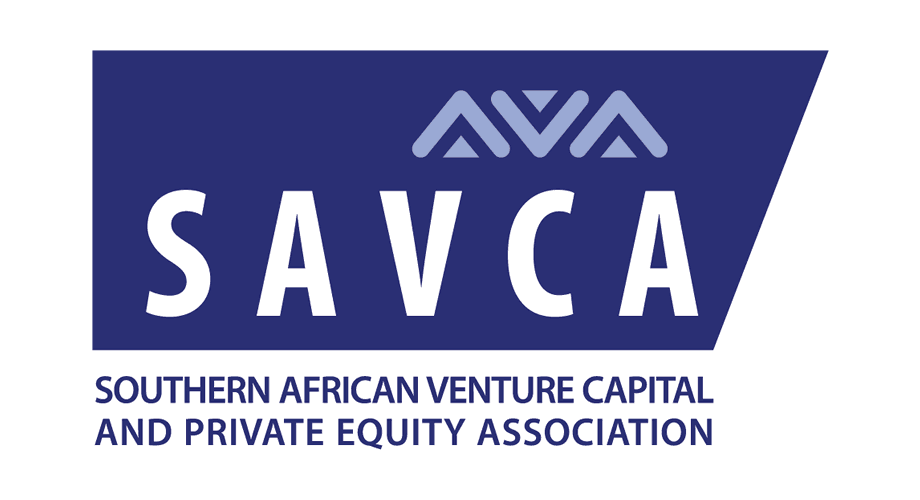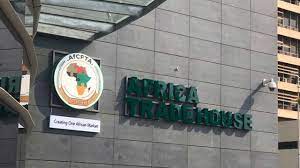In 2022, South African venture capital investors realized $17 million in returns from exits, achieving a three-fold return on their investments. Nevertheless, the number of deals resulting in losses still exceeded those generating profits. According to the 2023 survey by the Southern Africa Venture Capital Association (SAVCA),

exits within the South African ecosystem yielded approximately $17 million (equivalent to R318 million), representing a 3.8x return on the initial R83 million (around $4.4 million) invested in these transactions.
However, there were overall losses of roughly $4.2 million (about R80 million) stemming from exit activities. This decline in exit returns has been a consistent trend over the past few years, with returns steadily decreasing since 2017. The only year with a balance between profitable and loss-making exits was 2019.
Over time, South Africa has established itself as the primary choice for exit transactions within the African continent, consistently surpassing other African venture capital centers. Several factors contribute to South Africa’s prominent position in the field of mergers and acquisitions (M&A), including vibrant capital markets, robust banking systems, and the presence of well-established companies capable of acquiring startups, among other elements.
Nevertheless, recent data reveals that a substantial proportion of these exits have led to financial losses for investors. One theory posits that exiting prematurely may be a significant factor behind these transactions not delivering the anticipated results for all parties involved.
Keet van Zyl, a co-founder and partner at Knife Capital, a venture capital firm, acknowledges the validity of this theory. Van Zyl highlights that there are instances where there is a disconnect between the funding requirements of startups for their growth and the available capital, making selling the company a more viable option than pursuing additional fundraising. On average, as per van Zyl, South African startups tend to go through three to four funding rounds before opting for an exit.
In May, Van Zyl informed TechCabal that despite the increase in deal activity, a significant gap remains in follow-on financing for local startups in South Africa that are experiencing rapid growth and already have a solid track record. As a result, these startups often turn to strategic investors during their efforts to secure capital for growth, and these strategic investors, recognizing the potential, often propose full acquisition offers.
However, Van Zyl doesn’t see this trend in a negative light. He suggests that it actually facilitates a higher frequency of smaller exits, which in turn funnels capital back into the ecosystem, rather than embarking on a lengthy journey to achieve unicorn status, which can lead to liquidity challenges for investors.
In August, Van Zyl’s Knife Capital unveiled an expansion fund of $50 million. This fund is intended to support business-to-business (B2B) enterprises that are taking South African technologies to the global stage and also exploring investment opportunities across the broader African landscape. The primary focus will be on growth and expansion-stage ventures, particularly during the Series A extension and Series B funding phases.














Leave a Reply